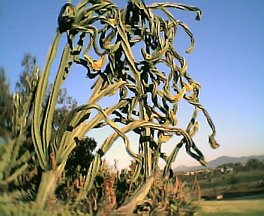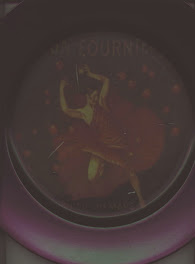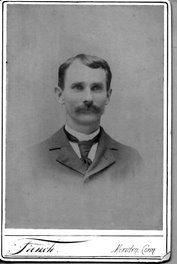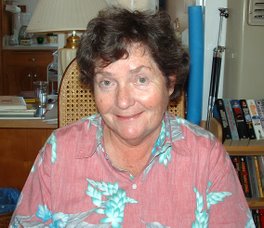The "Aw, shucks, 'tweren't nothin'" response to praise is an iconic American attitude, just as much as, "Yes, sir, I can whip my weight in wildcats!"
"'tweren't nothin'" may express modesty, or shyness. It may express discomfort, when the deed-doer isn't sure of her motivation, or is struggling to make her own judgment about the action.
Such seemed to be the state of mind of Michael Weisskopf in the part of his book, Blood Brothers, where he receives the Daniel Pearl Award for Courage and Integrity in Journalism. Michael lost his right hand when he picked up and tried to toss away a grenade that had landed in the Humvee in which he rode while covering the Iraq war. His action saved the lives of the soldiers in the vehicle, as well as his own life. But the journalist couldn't remember the details of that life-changing moment, and he did not feel at all brave.
He writes that Marianne Pearl helped him find meaning in his action. "She linked the loss of my hand to a principled cause: freedom of speech...I did stand for more than myself at that moment. I represented the principle of inquiry into matters of importance...Even if I inhabited a world of self-interest, I acted on a larger stage with consequences reaching far beyond me. I didn't have to be altruistic to have done something good."
(pages 187-189)
I am fascinated by this journalist's struggle to judge himself. He is appalled that he risked leaving his wife a widow and his children fatherless, by going to a war zone. He didn't have to go. He says he was motivated largely by the adventure of it. War journalists have a mystique. He agonizes over his motivation.
That strikes a chord in me. Having the right motive was more important than the effect of an action, according to my take on the moral education I received in Catholic schools. Our legal system also makes distinctions based on motive, or intent.
"I meant well," is often taken into account in personal, social, employment or legal contexts. Yet ignorance is no excuse, where the means of learning is available.
So, I come to an aspect of being able to respect myself: Did I act carelessly, or did I prepare as best I knew how, using the resources available to guide right decision and right action? Beyond that, outcomes are rarely in our control.
"'tweren't nothin'" may express modesty, or shyness. It may express discomfort, when the deed-doer isn't sure of her motivation, or is struggling to make her own judgment about the action.
Such seemed to be the state of mind of Michael Weisskopf in the part of his book, Blood Brothers, where he receives the Daniel Pearl Award for Courage and Integrity in Journalism. Michael lost his right hand when he picked up and tried to toss away a grenade that had landed in the Humvee in which he rode while covering the Iraq war. His action saved the lives of the soldiers in the vehicle, as well as his own life. But the journalist couldn't remember the details of that life-changing moment, and he did not feel at all brave.
He writes that Marianne Pearl helped him find meaning in his action. "She linked the loss of my hand to a principled cause: freedom of speech...I did stand for more than myself at that moment. I represented the principle of inquiry into matters of importance...Even if I inhabited a world of self-interest, I acted on a larger stage with consequences reaching far beyond me. I didn't have to be altruistic to have done something good."
(pages 187-189)
I am fascinated by this journalist's struggle to judge himself. He is appalled that he risked leaving his wife a widow and his children fatherless, by going to a war zone. He didn't have to go. He says he was motivated largely by the adventure of it. War journalists have a mystique. He agonizes over his motivation.
That strikes a chord in me. Having the right motive was more important than the effect of an action, according to my take on the moral education I received in Catholic schools. Our legal system also makes distinctions based on motive, or intent.
"I meant well," is often taken into account in personal, social, employment or legal contexts. Yet ignorance is no excuse, where the means of learning is available.
So, I come to an aspect of being able to respect myself: Did I act carelessly, or did I prepare as best I knew how, using the resources available to guide right decision and right action? Beyond that, outcomes are rarely in our control.










1 comment:
One of Philip's college classmates was killed while covering the Tamil war in Indonesia. An unforgettable image, a blond giant on a tiny motorcycle, silenced forever by a sniper's bullet.
Give him, too, the honor of his principles, of free speech, of inquiry into matters of importance.
Post a Comment